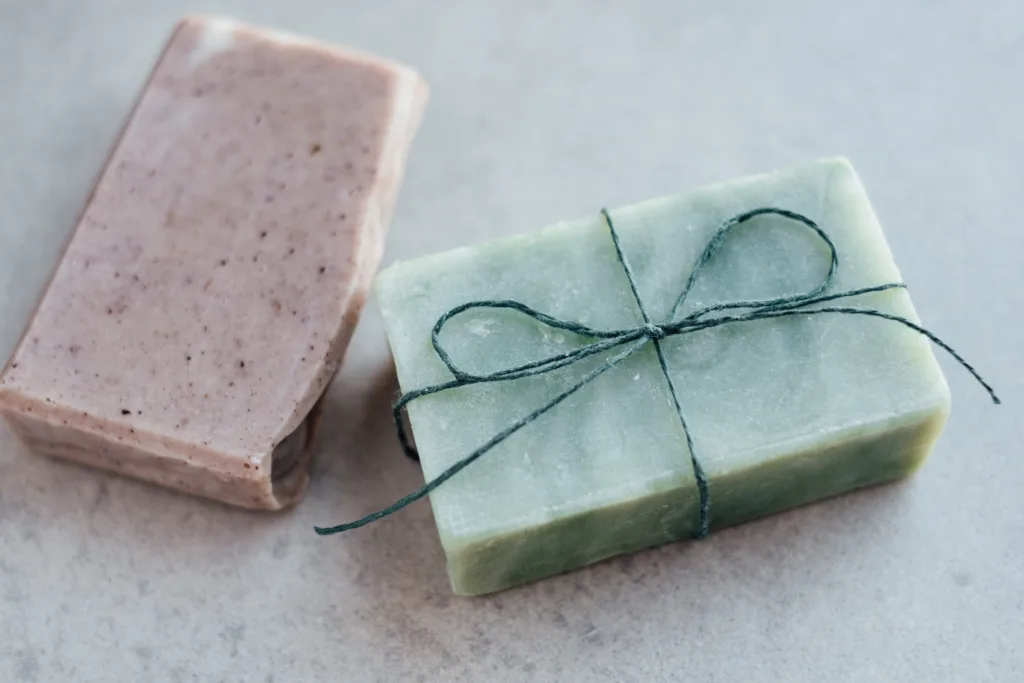Polysorbate 80 is a commonly used solubilizing agent found in a variety of food and pharmaceutical products. It is a surfactant, emulsifier and lubricant that is used to stabilize aqueous formulations of medications for parenteral administration or vaccinations.
In the food industry, polysorbate 80 is used as an emulsifying agent in many foods such as ice cream, frozen custard, ice milk sherbets, whipped toppings and other frozen desserts. It is also found in shortening, margarine, peanut butter, dry mixes, dairy products, and baked goods.
Polysorbate 60 is another commonly used emulsifying agent in food products. It can be an effective dough conditioning agent at a level as low as 0.2 percent based on flour weight.
While polysorbate 80 and polysorbate 60 are generally recognized as safe by the FDA, some people may experience adverse reactions to these additives. Polysorbate 80, in particular, has been known to cause severe nonimmunologic anaphylactoid reactions in some individuals.
Aside from food products, polysorbate 80 is also utilized in soaps and cosmetics as a surfactant and as a lubricant in eye drops. It is important to note that while polysorbate 80 is generally safe to consume or use in small amounts, it is alwas best to consult with a healthcare provider if you experience any adverse reactions.
Polysorbate 80 is a versatile solubilizing agent that is commonly used in the food and pharmaceutical industries. It is found in a variety of foods such as ice cream, margarine, and baked goods. While generally safe, some individuals may experience adverse reactions to this additive. It is always important to consult with a healthcare provider if you experience any adverse reactions to polysorbate 80 or any other food or pharmaceutical additives.
What Common Foods Have Polysorbate 80?
Polysorbate 80 is a food additive that is widely used in the food industry. It is commonly found in many foods such as ice cream, frozen custard, ice milk, sherberts, whipped toppings, and other frozen desserts. In addition to frozen treats, polysorbate 80 can also be found in baked goods, such as cakes and cookies. It is used as an emulsifier to help blend ingredients together and prevent separation. Polysorbate 80 can also be found in some processed meats, such as sausages and hot dogs, as well as in some salad dressings and mayonnaise. It is important to note that whie polysorbate 80 is generally considered safe by the FDA, some people may have an allergic reaction to it.

What Food Is Polysorbate In?
Polysorbate 60 is commonly found in a wide range of food products such as shortening, margarine, peanut butter, dry mixes, ice cream, dairy products, and baked goods. It is used as an emulsifier and stabilizer to improve the texture and consistency of these food products. Polysorbate 60 can also be used as a dough conditioning agent in baked goods, where it is added at a level as low as 0.2 percent based on flour weight. So, if you are looking to avoid polysorbate 60 in your diet, it is advisable to check the ingredient list of the food products you consume.
Can You Be Allergic To Polysorbate 80?
It is possible to be allergic to polysorbate 80. Polysorbate 80 is a commonly used solubilizing agent and emulsifier in a variety of products, including vaccines, medications, cosmetics, and food items. While it is generally considered safe, it can cause severe nonimmunologic anaphylactoid reactions in some individuals. Symptoms of an allergic reaction to polysorbate 80 may include hives, itching, swelling, difficulty breathing, and anaphylaxis. It is important to seek medical attention if you suspect you may be allergic to polysorbate 80 or have any symptoms of an allergic reaction.
What Is Polysorbate 80 Used In?
Polysorbate 80 is a versatile compound that finds applications in various industries. In the cosmetic industry, it serves as a surfactant and emulsifier in soaps, shampoos, and lotions. It is also used as a lubricant in eye drops. In the food and pharmaceutical industry, it acts as an emulsifier, helping to blend oil and water-based ingredients together.
Polysorbate 80 is commonly used as an excipient in medications that are administered parenterally, such as injections or infusions. It helps to stabilize the medication and prevent separation of the ingredients. It is also used in vaccines to enhance thir efficacy and improve their shelf life.
Polysorbate 80 is used as a surfactant, emulsifier, and lubricant in cosmetic products, and as an excipient in pharmaceutical and food products to stabilize formulations and improve their efficacy.

Conclusion
Polysorbate 80 is a widely used solubilizing agent, emulsifier, and surfactant in various industries such as food, pharmaceuticals, cosmetics, and personal care products. While it has many benefits, including improving the stability and effectiveness of medications and enhancing the texture and shelf life of food products, it also has potential risks. Research has shown that it can cause severe nonimmunologic anaphylactoid reactions in some individuals, and its use should be carefully monitored. It is important for consumers to be aware of the potential risks associated with Polysorbate 80 and to read product labels carefully. As with any ingredient, moderation and careful consideration of individual sensitivities are key to ensuring its safe and responsible use. Polysorbate 80 is a versatile ingredient with many applications, but its use should be balanced aginst potential risks to ensure the safety and well-being of consumers.
